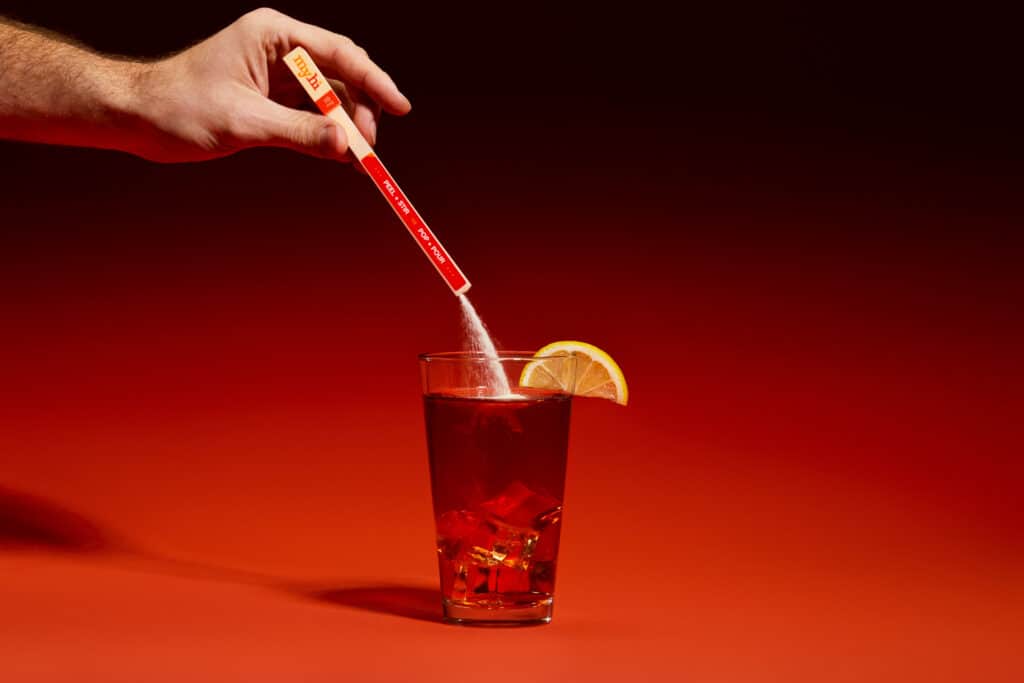“The social world is coming back, and that is our sweet spot — we need sporting events, concerts and beaches,” said TJ Stouder.
Stouder is the co-founder and CEO of MyHi, makers of THC powders that can be discreetly added to beverages for users to enjoy in social settings. “We see MyHi as a social experience that you can bring out to an event and enjoy.”
Stouder views beverages as the future of cannabis consumption, but because the ready-to-drink category takes up a lot of shelf space and is difficult to transport, smaller portable products like THC powders are becoming increasingly popular.
MyHi’s water-soluble THC powder is delivered in Stir Stiks to “elevate” any beverage. Consumers can either peel back the strip and stir the stick gently into any beverage or pop the cap, pour in the powder, and stir in the THC.
“MyHi is tasteless in water – you can add it to anything hot or cold, sweet or tart,” said Stouder. “It’s calorie free and taste free.”
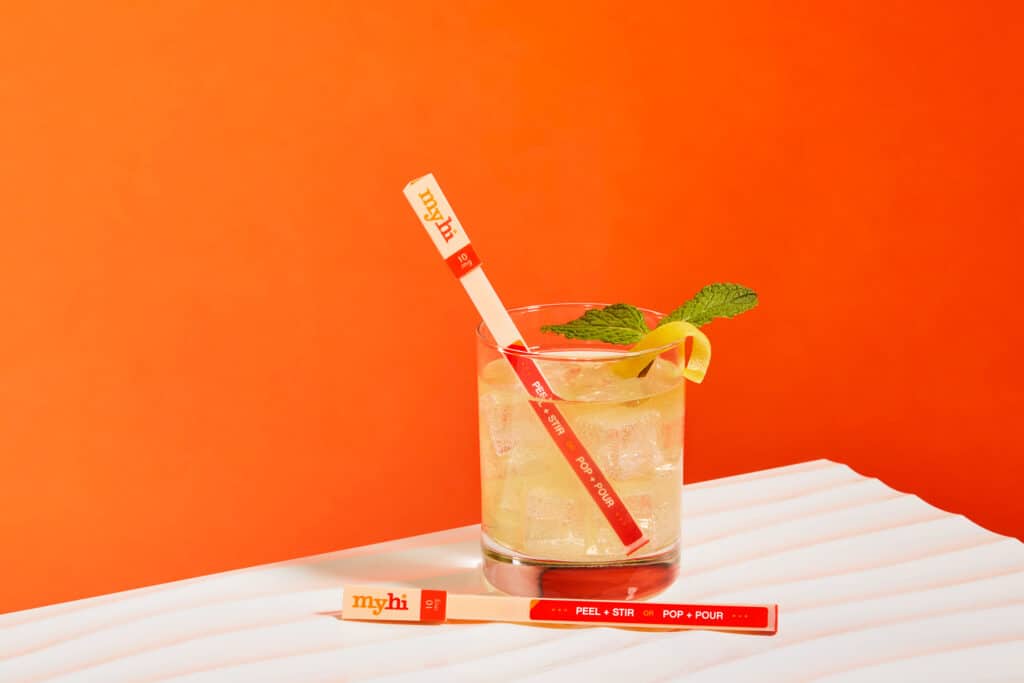
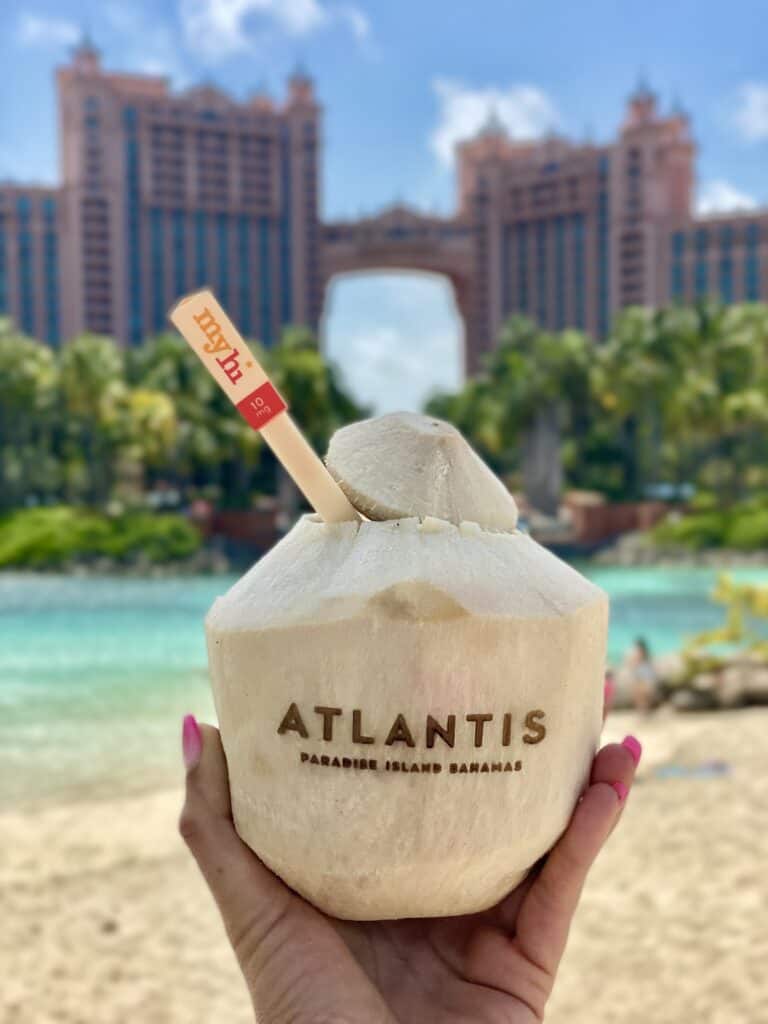
Powdered THC mixes had a 12% share of total beverage sales between January and April across all markets BDSA tracks, making them the second-largest subcategory by dollar sales after drinks—including shots, coffee products, and tea. Overall, beverages made up 7% of total edible dollar sales across BDSA-tracked markets for the same period.
Many brands produce great dissolvable powders, but some manufacturers cut corners and make inferior products, said Justin Singer, founder of Denver-based Stillwater Brands, which makes Ripple fast-acting dissolvable THC powders.
“Bad products have really poisoned the category name,” Singer said. “People have put out products with tincture sprayed over sugar crystals.”
Stillwater launched a micro-dose, water-soluble tea designed for Singer’s grandmother, who wanted to replicate the feeling of taking three deep breaths but didn’t want the “head high” associated with marijuana.
“It was yoga in a cup,” Singer said.
While the tea didn’t take off, employees soon discovered that the powder “waste” was a nice addition to their favorite beverages and started asking if they could take it home.
That prompted the company to work on improving the consistency and absorption of the product, and Ripple fast-acting dissolvable powders were born.
Last year, Ripple sponsored a clinical study on the pharmacokinetics of edible THC using commercially available products in human subjects. The study, conducted independently by Colorado State University researchers and published in the peer-reviewed scientific journal Pharmaceuticals, found that all Ripple products were absorbed into the bloodstream significantly faster than market-leading gummy products and twice as fast as products marked “quick.”
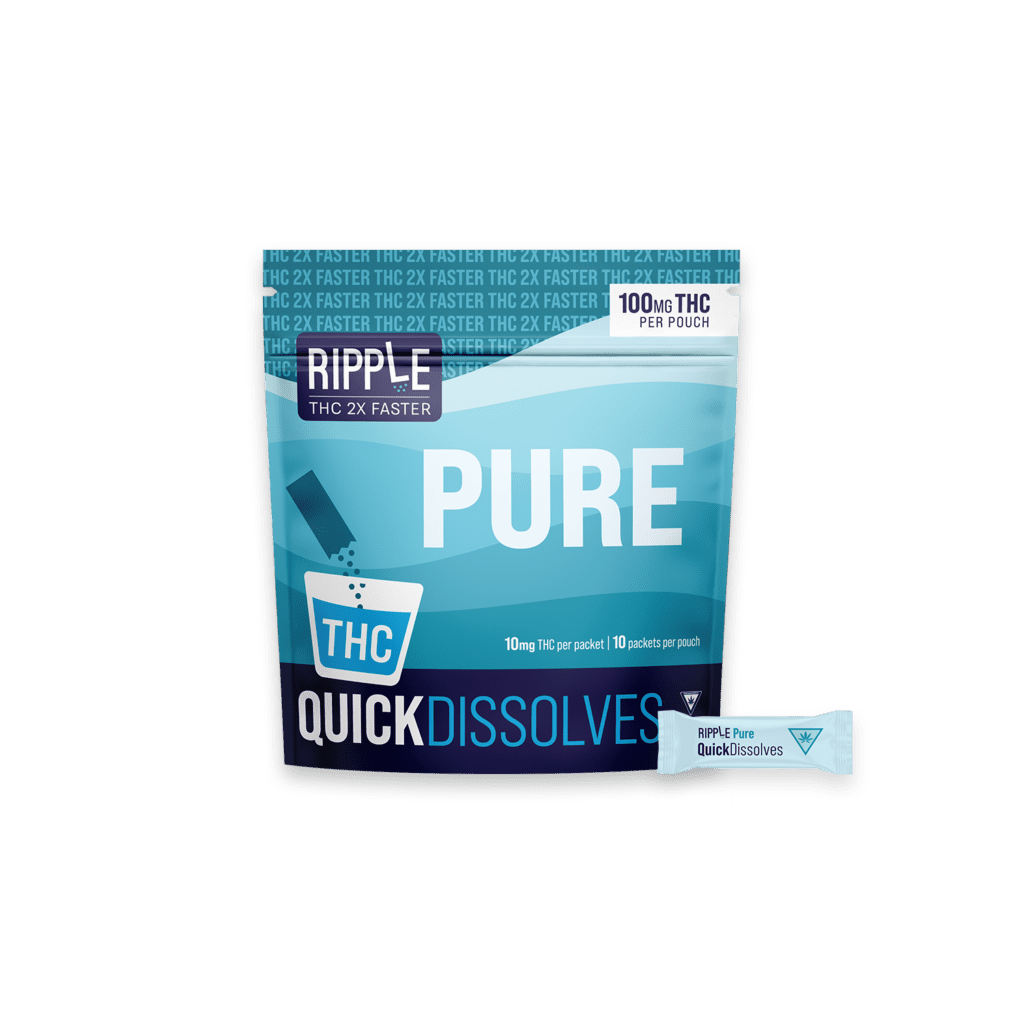
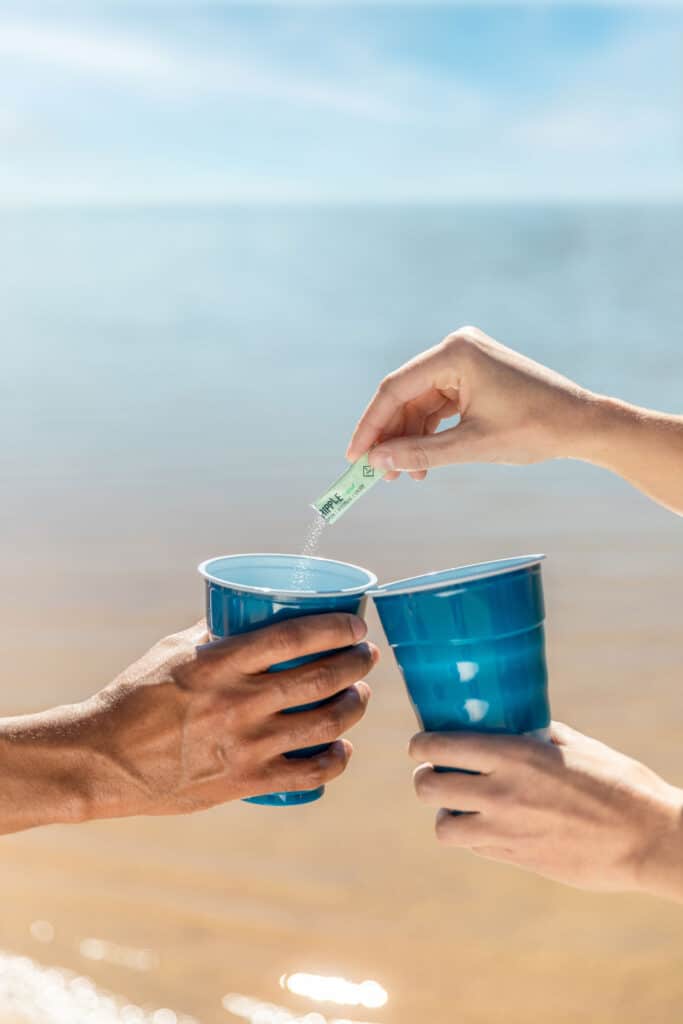
Ripple stands out from many multistate operators (MSOs), which enter license agreements to have their products manufactured outside of their home state, because it does its own processing using techniques it honed in Colorado.
In April, Ripple opened an 8,000-square-foot cannabis manufacturing and processing facility in Michigan — the first step in the company’s long-term multistate expansion plan.
“We self-manufacture everything — we don’t believe in licensing,” Singer said. “We’re a food and beverage company that works with cannabinoids. This is all food science. It’s fairly standard in the regulated food world.”
But for cannabis brands working under a licensing model, there are companies like Le Herbe and Quicksilver that will make the products for them.
Florida-based Le Herbe, pronounced “The Erb,” makes THC powders for brands that want to include them in their product lineup.
“You can add our powder to coffee or the smoothie that you blend,” Le Herbe Founder J. Grillo said. “We wanted something easier in terms of manufacturing, stability and shelf life.”
Like Le Herbe, Louisville, Colorado-based Quicksilver works with cannabis companies that want to include drink additives in their portfolio but don’t have the production space to add them on their own.
Production of THC powders — or any other cannabis products — will be challenging until federal legalization of the plant enables companies to centralize manufacturing, which will make production more efficient and the products more consistent, said David Durkee, the company’s vice president of new ventures.
“It’s either made on a small scale where you’re making compromises on quality and cost or it doesn’t meet consumer expectations,” Durkee said.
MyHi is one brand that uses the licensing model to expand its reach. The company is partnering with MKX to launch its product in Michigan.
“Until there’s a bar or a liquor store where you can order or buy and RTD, THC powders are a convenient way to consume cannabis socially,” said Stouder. “As America drinks, everybody drinks. It’s the most approachable route toward getting a high.”


